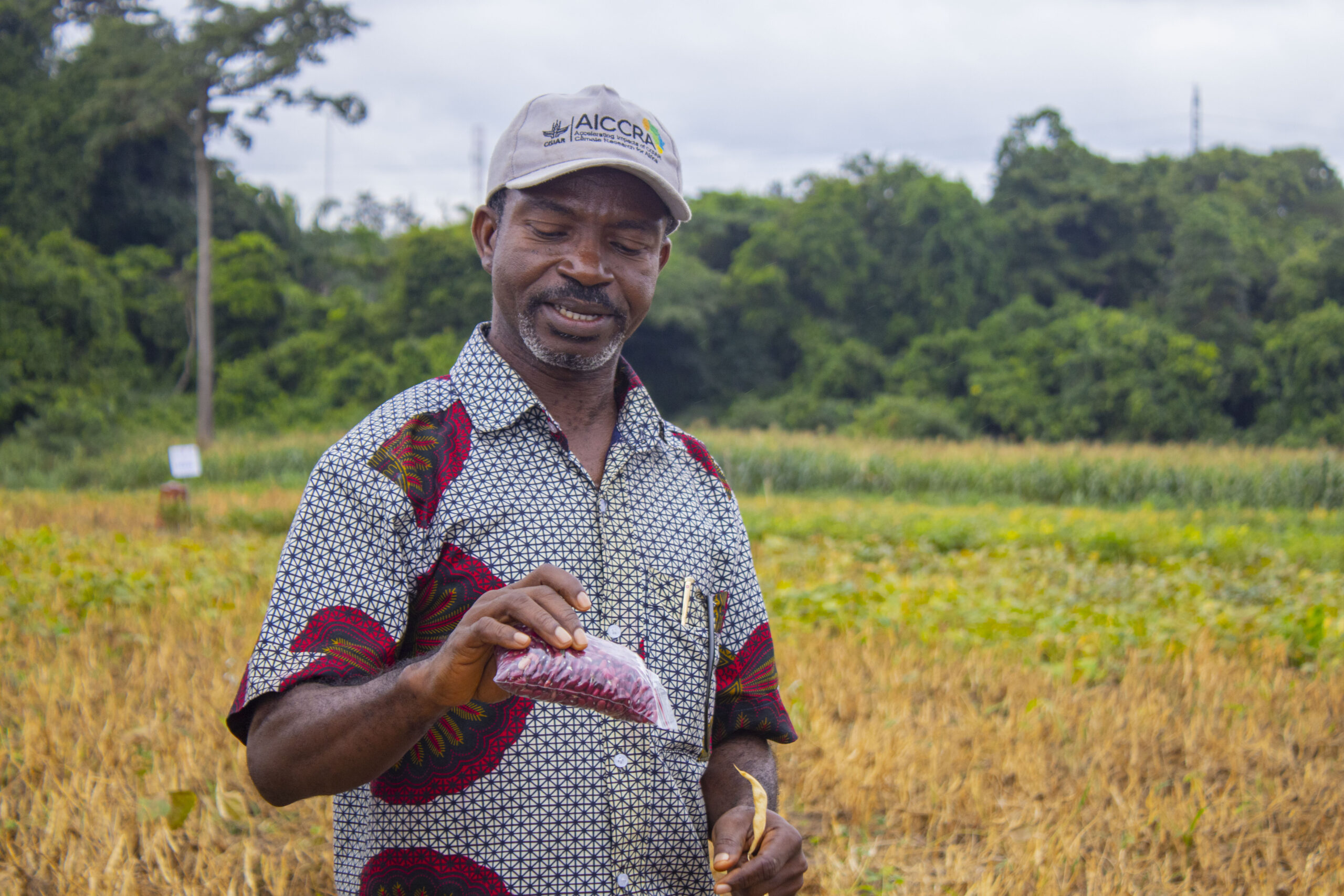CSIR – Crops Research Institute Releases Drought-Tolerant and Nutrient-Rich Bean Varieties
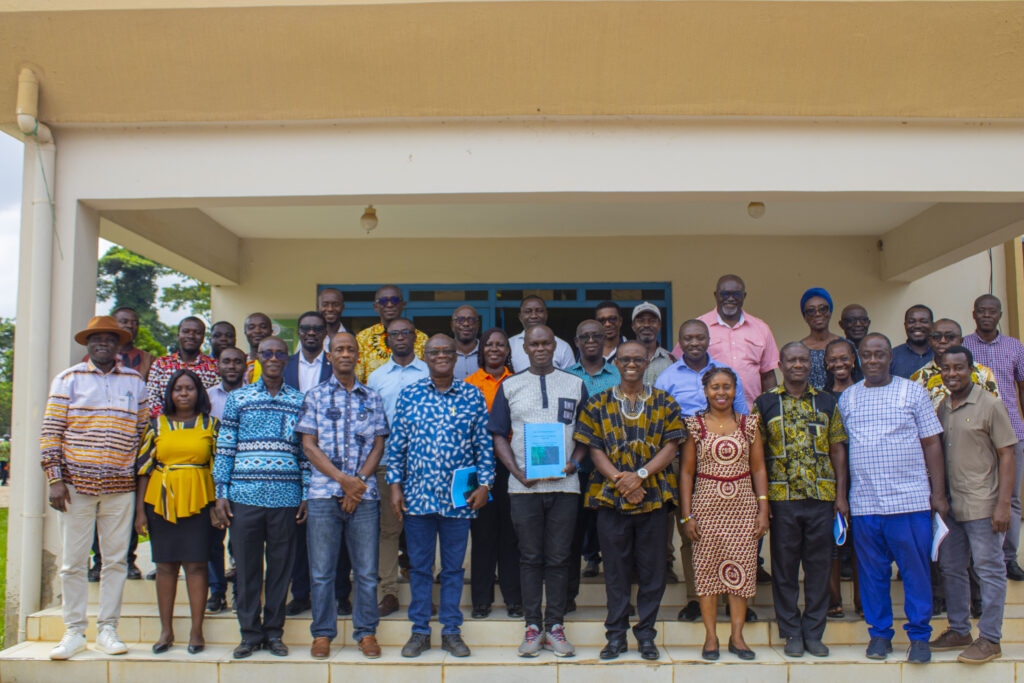
On 31st July 2025, the CSIR-Crops Research Institute (CRI) in Ghana, in collaboration with the Alliance of Biodiversity International and CIAT through the Pan-African Bean Research Alliance (PABRA), and with funding from the Alliance for a Green Revolution in Africa (AGRA), successfully hosted an event to release four new common bean varieties. These varieties are drought tolerant, high iron and zinc content, and improved yield potential tailored for Ghana’s Legume-Rice crop rotation.
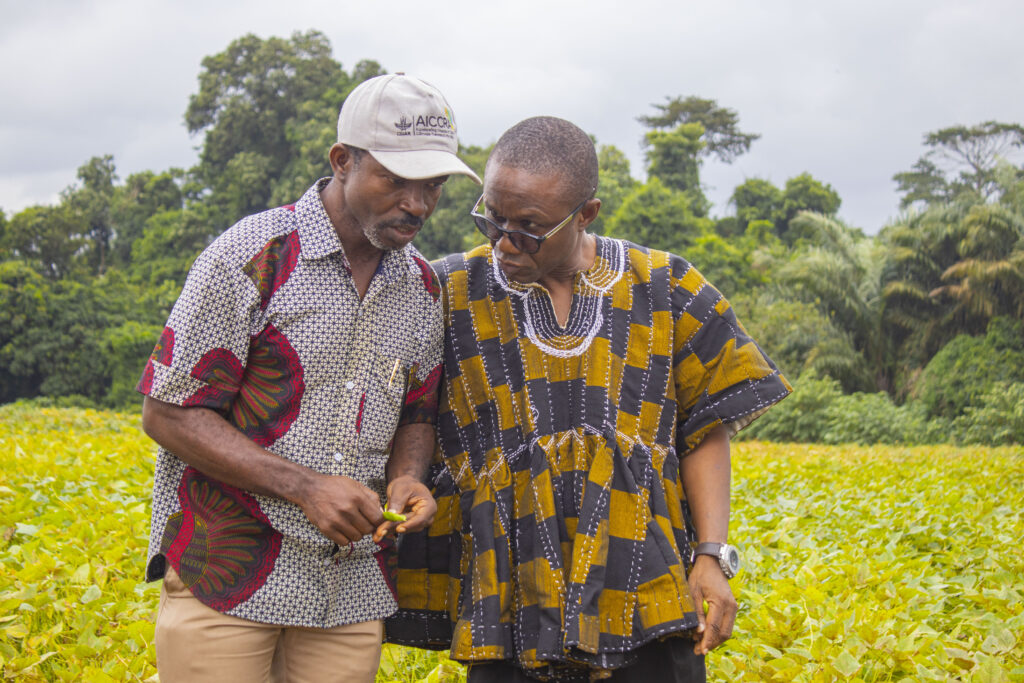
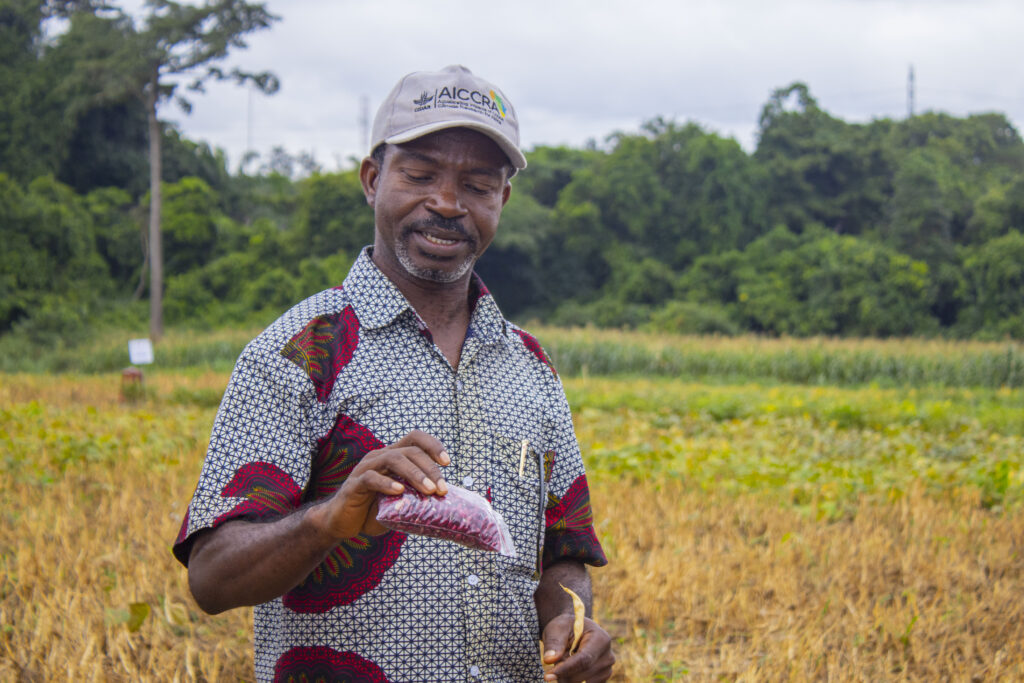
– The event marked a significant milestone in Ghana’s agricultural sector, with the potential to improve food security, nutrition, and the livelihoods of farmers.
– The four new bean varieties were presented to the National Variety Release and Registration Committee (NVRRC) for consideration and subsequently approve for release.
– The varieties possess desirable attributes, including fair cooking quality, tolerance to biotic stresses, drought and heat tolerance, and a potential yield of 2.5 tons per hectare.
– The NVRRC inspected the established fields of the proposed varieties, assessing their performance, yield potential, and other relevant characteristics.
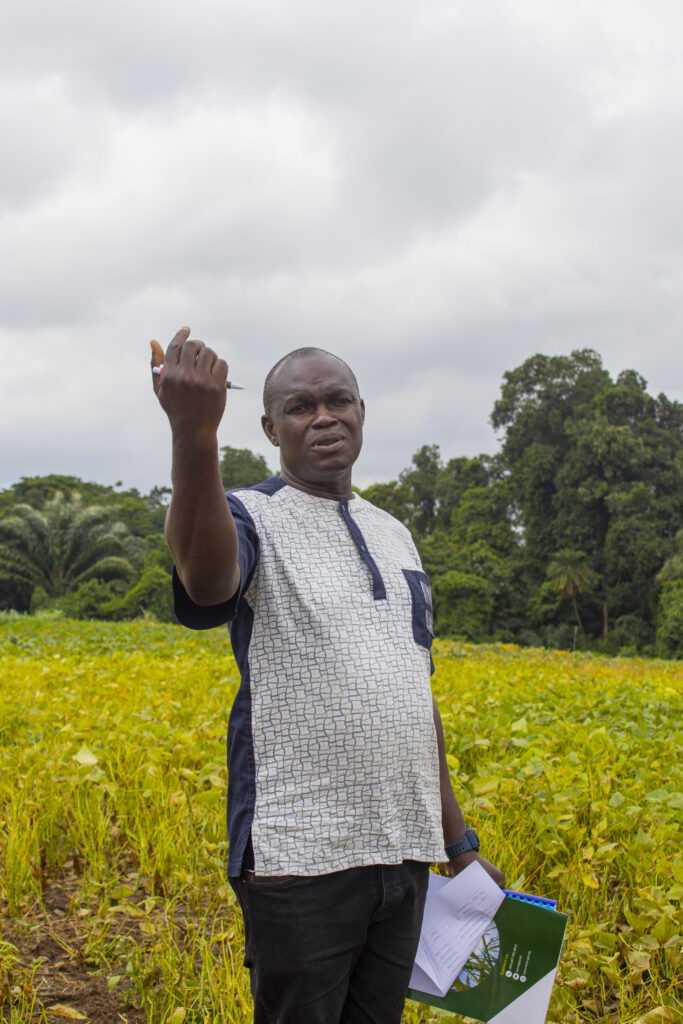
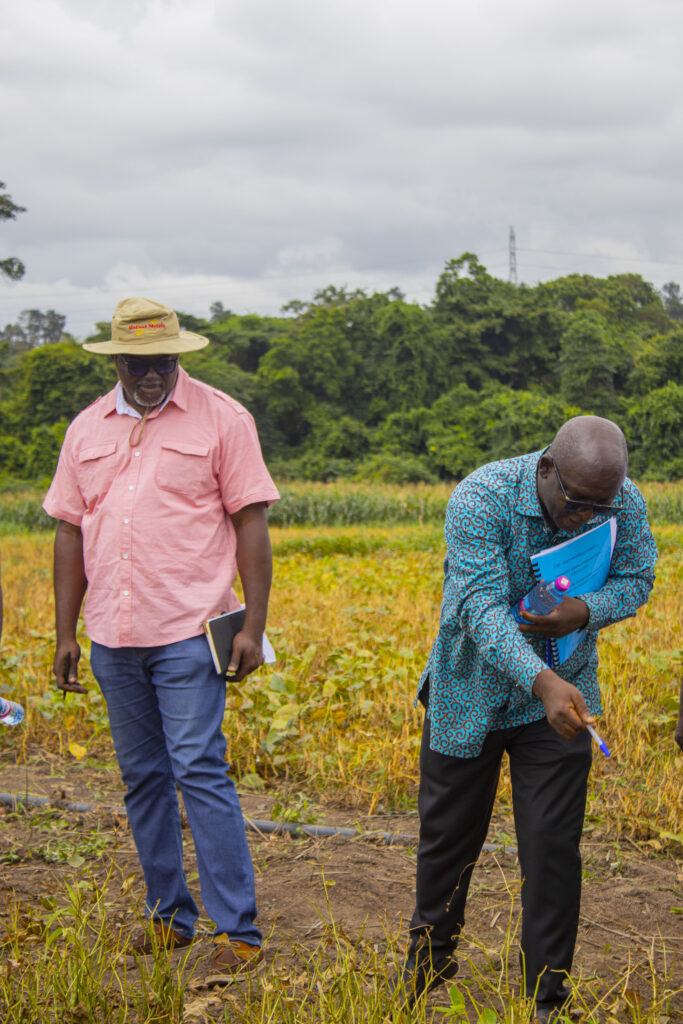
Impact and Significance
The release of these drought-tolerant and nutrient-rich bean varieties holds great promise for enhancing the lives of many farmers and contributing to a more secure food future. With their climate-resilient traits and high yield potential, these varieties can significantly contribute to poverty reduction, food security, nutrition, and environmental sustainability.
Key Highlights
Collaborative Effort
The successful release of these bean varieties demonstrates the power of partnership in driving agricultural innovation and impact. The collaborative efforts between CSIR-CRI, PABRA, and AGRA showcase the importance of working together to achieve common goals and improve the lives of farmers and communities.
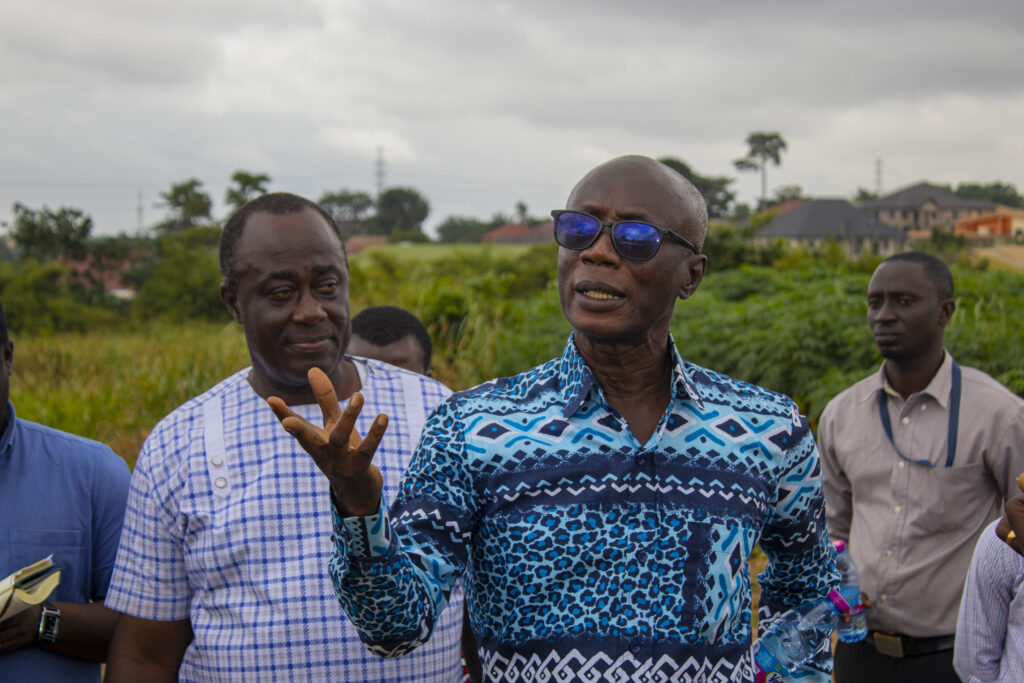
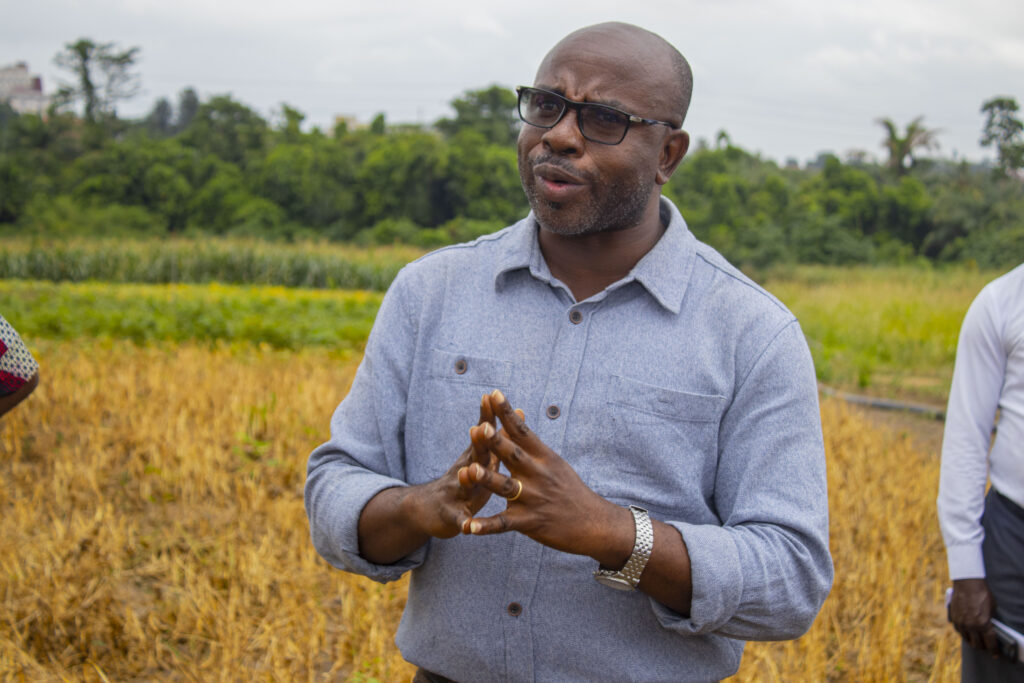
The legume breeders Prof. James Asibuo and Mr. Maxwell Lamptey, took the Committee through the procedures and duration involved in the development of the varieties. The Director of CSIR-CRI, Prof. Maxwell Darko Asante stressed on the need to include these varieties in the School Feeding Program as they are nutrient dense. The Project Coordinator. Dr. Stephen Yeboah emphasized on the varieties ability to withstand drought after establishment making them climate smart.
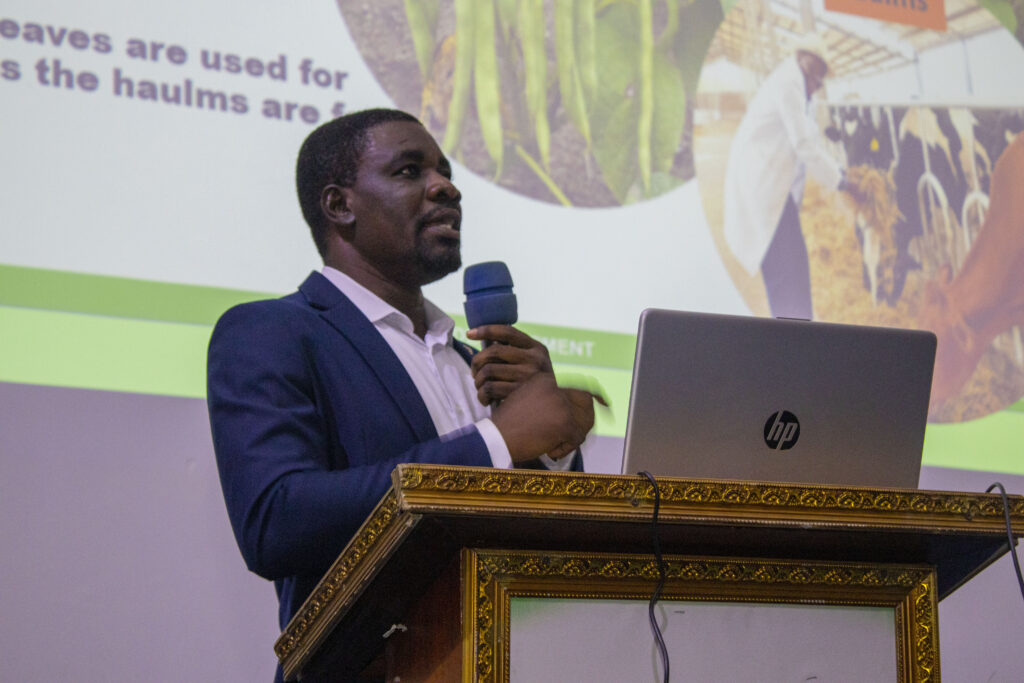

During the field inspection, the Seed Systems Specialist on the project, Dr. Emmanuel Asamoah Adjei, indicated the varieties good seed qualities including large seed size and good storability making them easy to store longer.
Contributors: Lynda G. S. Nsafoah, Clara Boateng, Kingsford Anane-Peprah

